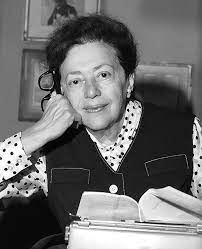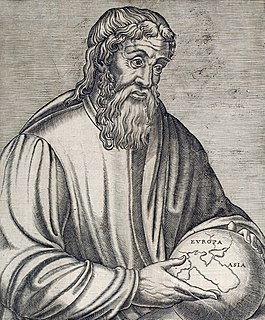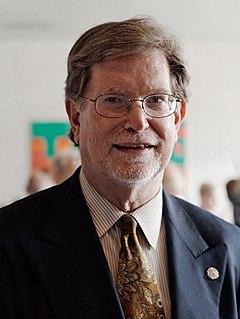A Quote by Diana Trilling
My career as a critic still lay in the future but unconsciously I may have been preparing for it. They were not easy companions, these intellectuals I was now getting to know. They were overbearing and arrogant, excessively competitive; they lacked magnanimity and often they lacked common courtesy. But they were intellectually energetic and - this particularly attracted me - they were proof against cant.
Related Quotes
There is a principle of human affairs that goes back millennia, which is that you don't look in the mirror. You can trace this principle back to the Bible. The designated intellectuals of that time are called prophets, which is a mistranslation of a Hebrew word, but they were basically intellectuals, giving geopolitical analysis, criticizing the moral practice of leadership, etc. Now, these people were not treated very nicely. There were other intellectuals who were treated nicely, namely those who centuries later came to be called false prophets. These were the flatterers of the court.
I've often said that there's no one thing that I do or have done that is particularly unique. There have been a lot of other authors who were in the military. There have been a few others who were pilots. There have certainly been a lot of other people who were in politics or served congressional staffs.
In the thirties a whole school of criticism bogged down intellectually in those agitprop, social-realistic days. A play had to be progressive. A number of plays by playwrights who were thought very highly of then - they were very bad playwrights - were highly praised because their themes were intellectually and politically proper. This intellectual morass is very dangerous, it seems to me. A form of censorship.
These boys, now, were living as we'd been living then, they were growing up with a rush and their heads bumped abruptly against the low ceiling of their actual possibilities. They were filled with rage. All they really knew were two darknesses, the darkness of their lives, which were now closing in on them, and the darkness of the movies, which had blinded them to that other darkness, and in which they now, vindictively, dreamed, at once more together than they were at any other time, and more alone.
Three classes inhabited the city (Alexandria in Egypt): first the Aegyptian or native stock of people, who were quick-tempered and not inclined to civil life; and secondly the mercenary class, who were severe and numerous and intractable...; and, third, the tribe of the Alexandrians, who also were not distinctly inclined to civil life, and for the same reasons, but still they were better than those others, for even though they were a mixed people, still they were Greeks by origin and mindful of the customs common to the Greeks.
I did not think I had what it took to be an actor, because most of the actors that I encountered were people who were very narcissistic and I thought since I lacked narcissism to become an actor because that's what it took. It was more of a social experiment for me to walk in the shoes of other people that I found interesting.




































